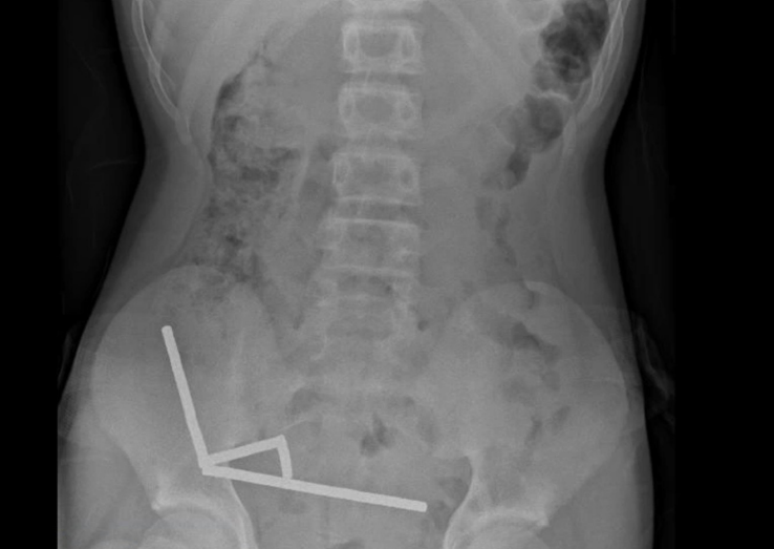They can improve athletic performance, aid in weight loss and muscle definition
Food supplements are products developed to supplement normal nutrition, providing specific nutrients, vitamins, minerals, amino acids, among other compounds, which may be absent or in insufficient quantities in the daily diet.
In the realm of gym practitioners, these supplements are used for various purposes, such as helping to increase muscle mass, improving athletic performance, speeding up recovery after exercise, providing additional energy, contributing to protein synthesis, and even aiding in weight loss. of weight and muscles. definition.
“Supplements are modified foods, produced from natural foods. They come in the form of powder, tablets, liquids and even gels,” explains sports nutritionist Ricardo Zanuto.

10 Vegan Protein Foods to Gain Muscle Mass
Important precautions
Stores that sell supplements food They do not require a prescription or follow-up to sell the products. However, if poorly administered, these products can cause serious health risks. Therefore the indication must be given by a doctor or nutritionist.
“Those who use supplements with the help of a professional will have no side effects. The problem lies in the indiscriminate use of supplements. Improperly done supplementation is harmful and can even overload the kidneys or liver with excess minerals and proteins. It is used to adjust or integrate a balanced diet, combined with the practice of activity”, warns Ricardo Zanuto.
Food supplements for those who go to the gym
Below, see 10 types of nutritional supplements widely consumed by gym goers!
1. Whey protein
It is a protein derived from whey, consumed to promote muscle recovery and increase lean mass. “In addition, whey improves the immune system; it is rich in essential amino acids; it is absorbed quickly; it has a high biological value, that is, it is a complete supplement of proteins necessary for the body; it also contains concentrated proteins, fat-free and low in carbohydrates; and contributes to the maintenance and growth of muscles”, explains nutritionist Nathalia Sales.
It can be taken with water, milk or added to recipes. Its benefits include increased protein synthesis, however, excessive use and without doctor’s advice can overload the kidneys.
2. BCAAs (Branched Chain Amino Acids)
They are branched-chain amino acids, essential for synthesis protein and muscle recovery. They are consumed before, during or after training to aid recovery, but excessive consumption without medical advice can cause an amino acid imbalance.
3. Creatine
Helps deliver rapid energy to muscles during high-intensity exercise, aiding in increased strength and performance. “Creatine is an amino acid, present in the body, which is able to synthesize it, in protein foods and in ergogenic supplements. The main destination of creatine is skeletal muscle tissue, where it constitutes a source of energy generation”, states the nutritionist Dr. Marcella Garcez.
4. Omega 3
Rich in essential fatty acids, this supplement contributes to cardiovascular health, reducing inflammation and improving muscle recovery. It can be consumed via capsules or foods rich in omega-3. “In addition, omega 3 helps regulate the pressure of blood vessels, as they increase blood fluidity, thus preventing the increase in blood pressure,” says nutritionist Roseli Rossi.
5. Glutamine
It is an important amino acid for muscle recovery and strengthening the immune system. It is generally consumed after training to aid recovery, but excessive use and without medical advice can cause gastrointestinal disorders.

6. Thermogenics
They are used to increase metabolism and help with Burn fat. They may contain caffeine, green tea and other ingredients. Continued use without medical advice may cause addiction and side effects such as tachycardia and insomnia.
“Thermogenic is a supplement that contains stimulants in its composition, such as caffeine and green tea. These, when metabolized by the body, generate an increase in thermogenesis (a process that converts calories into thermal energy, releasing heat), but this Most part of With time, the increase is not lasting”, explains nutritionist and sports doctor Eduardo Rauen, one of the founders of Healthtech Liti Saúde.
7. Beta-alanine
Helps reduce muscle fatigue during intense exercise, helping to improve performance. It is generally consumed before training, but excessive use without doctor’s advice can cause tingling and itching of the skin.
8. Vitamins and minerals
Contribute to the good functioning of the body, being essential for several bodily functions. They can be consumed through supplements or a balanced diet.
9. Vegetable proteins
It is an alternative to whey protein for people who prefer plant-based protein sources or follow a vegetarian diet. It is generally made from peas, rice, soybeans, among others. It can be consumed in the same way as whey protein. Its benefits include increased protein synthesis, however, excessive use and without doctor’s advice can overload the kidneys.
10. Caffeine
It is a central nervous system stimulant, commonly found in drinks such as coffee, tea and some supplements. Consumed before training, caffeine can increase energy, improve attention and concentration, and reduce perceived exertion during exercise.
As Dr. Marcella Garcez explains, caffeine is a substance with ergogenic activity, since it helps to increase physical performance, and thermogenic, because it can help to increase adaptive energy expenditure. Therefore, it can be a complementary strategy in weight loss treatments.
Source: Terra
Ben Stock is a lifestyle journalist and author at Gossipify. He writes about topics such as health, wellness, travel, food and home decor. He provides practical advice and inspiration to improve well-being, keeps readers up to date with latest lifestyle news and trends, known for his engaging writing style, in-depth analysis and unique perspectives.







![Un Si Grand Soleil Preview: Episode Summary for Tuesday, October 28, 2025 [SPOILERS] Un Si Grand Soleil Preview: Episode Summary for Tuesday, October 28, 2025 [SPOILERS]](https://fr.web.img2.acsta.net/img/cb/ba/cbba991ec6092b42c6fe91c18f33c426.jpg)
